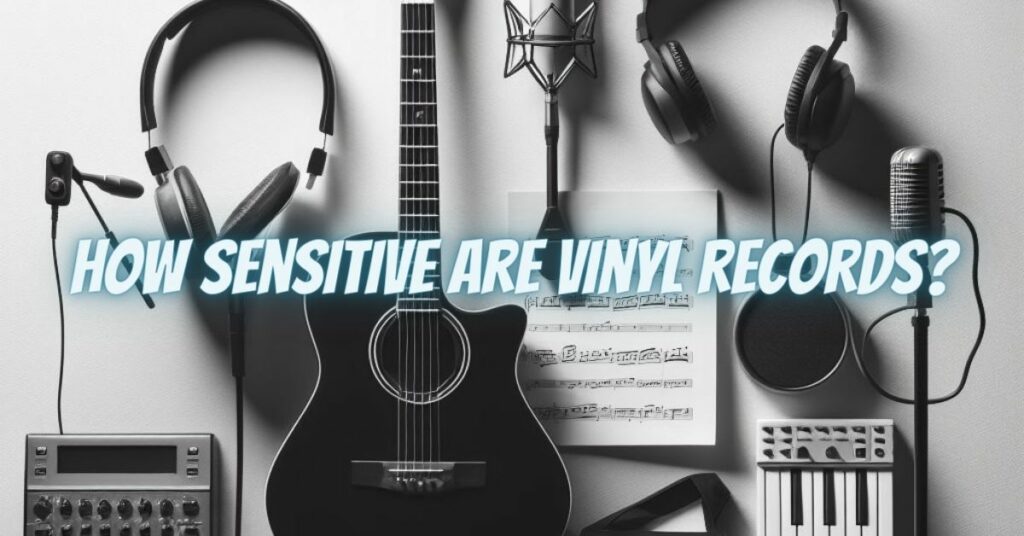Vinyl records are sensitive to a variety of factors, including temperature, humidity, dust, and dirt. If these factors are not properly controlled, they can damage the record and cause it to sound noisy or even unplayable.
Temperature
Vinyl records are particularly sensitive to temperature. If they are exposed to extreme heat, they can warp or melt. If they are exposed to extreme cold, they can become brittle and crack.
The ideal temperature for storing vinyl records is between 65 and 75 degrees Fahrenheit (18 and 24 degrees Celsius). If you live in a hot climate, you may want to consider using a temperature-controlled storage solution, such as a wine cooler.
Humidity
Vinyl records are also sensitive to humidity. If they are exposed to too much humidity, they can mold or mildew. If they are exposed to too little humidity, they can become dry and brittle.
The ideal humidity level for storing vinyl records is between 40 and 50 percent. If you live in a humid climate, you may want to consider using a dehumidifier to control the humidity in your storage area.
Dust and dirt
Dust and dirt can also damage vinyl records. If they accumulate on the surface of the record, they can cause the stylus to skip or mistrack. Over time, dust and dirt can also break down the protective coating on the surface of the record, making it more susceptible to scratches and other damage.
It is important to clean your vinyl records regularly with a record cleaning brush or record cleaning solution. You should also avoid playing dirty records, as this can damage the stylus.
Other factors
In addition to temperature, humidity, dust, and dirt, there are a few other factors that can damage vinyl records. These include:
- Sunlight: Direct sunlight can fade the album covers and deform the vinyl.
- Chemicals: Exposure to certain chemicals, such as cleaning products or solvents, can damage the vinyl.
- Physical damage: Scratching, bending, or dropping a record can damage it and cause it to sound noisy.
How to protect your vinyl records
There are a few things you can do to protect your vinyl records from damage:
- Store your records in a cool, dry place.
- Avoid exposing your records to direct sunlight or heat.
- Clean your records regularly with a record cleaning brush or record cleaning solution.
- Use a record sleeve to protect the record when it is not in use.
- Be careful when handling records to avoid scratching, bending, or dropping them.
By following these tips, you can keep your vinyl records in good condition and enjoy their sound for many years to come.
Here are some additional tips for caring for your vinyl records:
- Use a good quality record player and keep the stylus clean.
- Don’t stack your records on top of each other, even if they are wearing their jackets. This can cause permanent damage to the vinyl records, which may include cracking or warping.
- Avoid playing records that are dirty or damaged.
- If you are not going to be playing your records for a while, store them in a cool, dry place.
By following these tips, you can extend the life of your vinyl records and ensure that they continue to sound their best.


